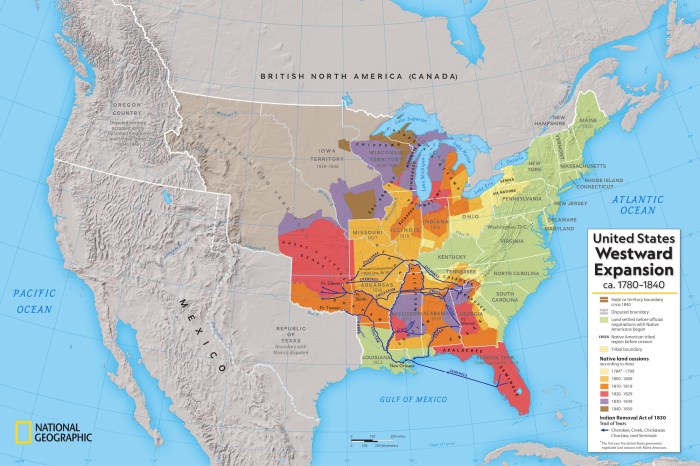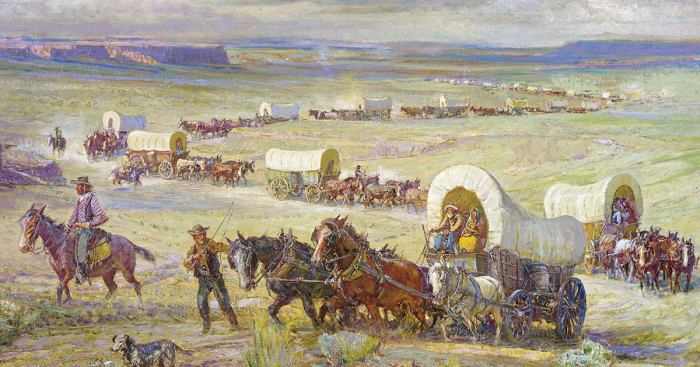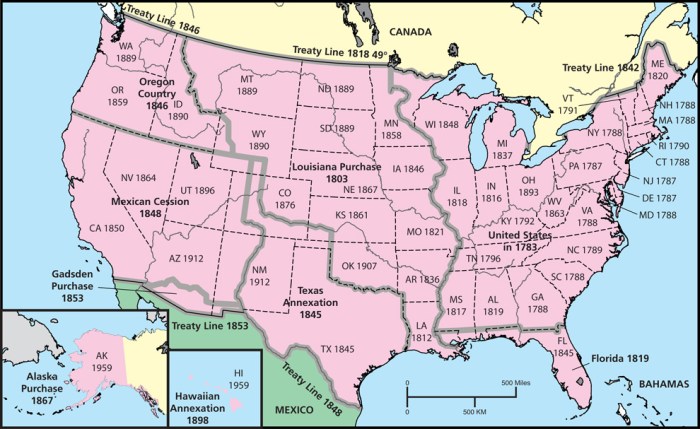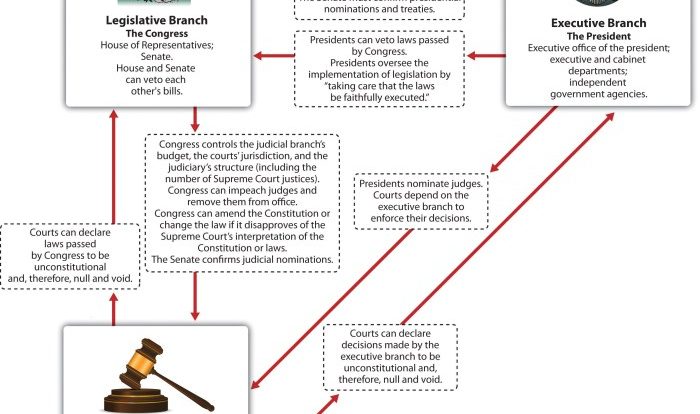Delving into the topic of “how did american missionaries affect expansionism,” this exploration delves into the intricate interplay between religious fervor and territorial ambitions that shaped the course of American history. Missionaries, driven by their zeal to spread Christianity, played a pivotal role in westward expansion, leaving a lasting legacy on both the nation and the Native American populations they encountered.
Their influence extended beyond spiritual matters, as they became agents of cultural assimilation, educators, and advocates for the acquisition of new territories. This essay will unravel the complex relationship between American missionaries and expansionism, examining their motivations, methods, and the profound impact they had on the fabric of American society.
Religious Influence on Expansionism: How Did American Missionaries Affect Expansionism

American missionaries played a significant role in promoting westward expansion. Motivated by religious zeal and a belief in the superiority of Christianity, missionaries sought to convert Native Americans and establish Christian communities on the frontier. Their activities contributed to the acquisition of new territories by the United States, as Native American lands were often claimed for missionary settlements.
Manifest Destiny and Missionaries
The ideology of Manifest Destiny, which justified American expansionism as a God-given right, was closely intertwined with the goals of missionaries. Missionaries saw themselves as agents of civilization and progress, bringing Christianity and American values to the “savage” Native Americans.
Their rhetoric portrayed Native Americans as inferior and their lands as ripe for exploitation.
Missionaries as Agents of Cultural Assimilation, How did american missionaries affect expansionism
Missionaries employed various methods to convert and assimilate Native Americans into American culture. They established schools, taught English, and introduced Western social practices. The goal was to eradicate Native American traditions and replace them with Christian beliefs and values.
Missionaries and Native American Resistance
Native Americans resisted missionary efforts in various ways. They rejected Christian teachings, maintained their traditional beliefs, and formed alliances to defend their lands. Notable leaders such as Tecumseh and Sitting Bull led resistance movements against missionaries and the encroaching American settlers.
The Legacy of American Missionaries
American missionaries left a lasting impact on westward expansion and Native American history. Their activities contributed to the displacement of Native American tribes, the loss of their traditional lands, and the disruption of their cultures. The legacy of missionary efforts continues to shape contemporary perspectives on Native American culture and identity.
FAQ Insights
How did missionaries contribute to the acquisition of new territories?
Missionaries often established settlements and outposts in frontier regions, which served as footholds for further expansion. They also provided justifications for acquiring new lands, arguing that it was necessary to spread Christianity and “civilize” Native Americans.
What were the motivations of American missionaries?
Missionaries were driven by a combination of religious zeal, a desire to spread Christianity, and a belief in the superiority of American culture. They saw their mission as bringing salvation to Native Americans and assimilating them into American society.
How did missionaries impact Native American populations?
Missionary activities had a profound impact on Native American communities. Missionaries introduced new diseases, disrupted traditional beliefs and practices, and often forced Native Americans to adopt American ways of life. This led to cultural assimilation, loss of land, and social upheaval.


